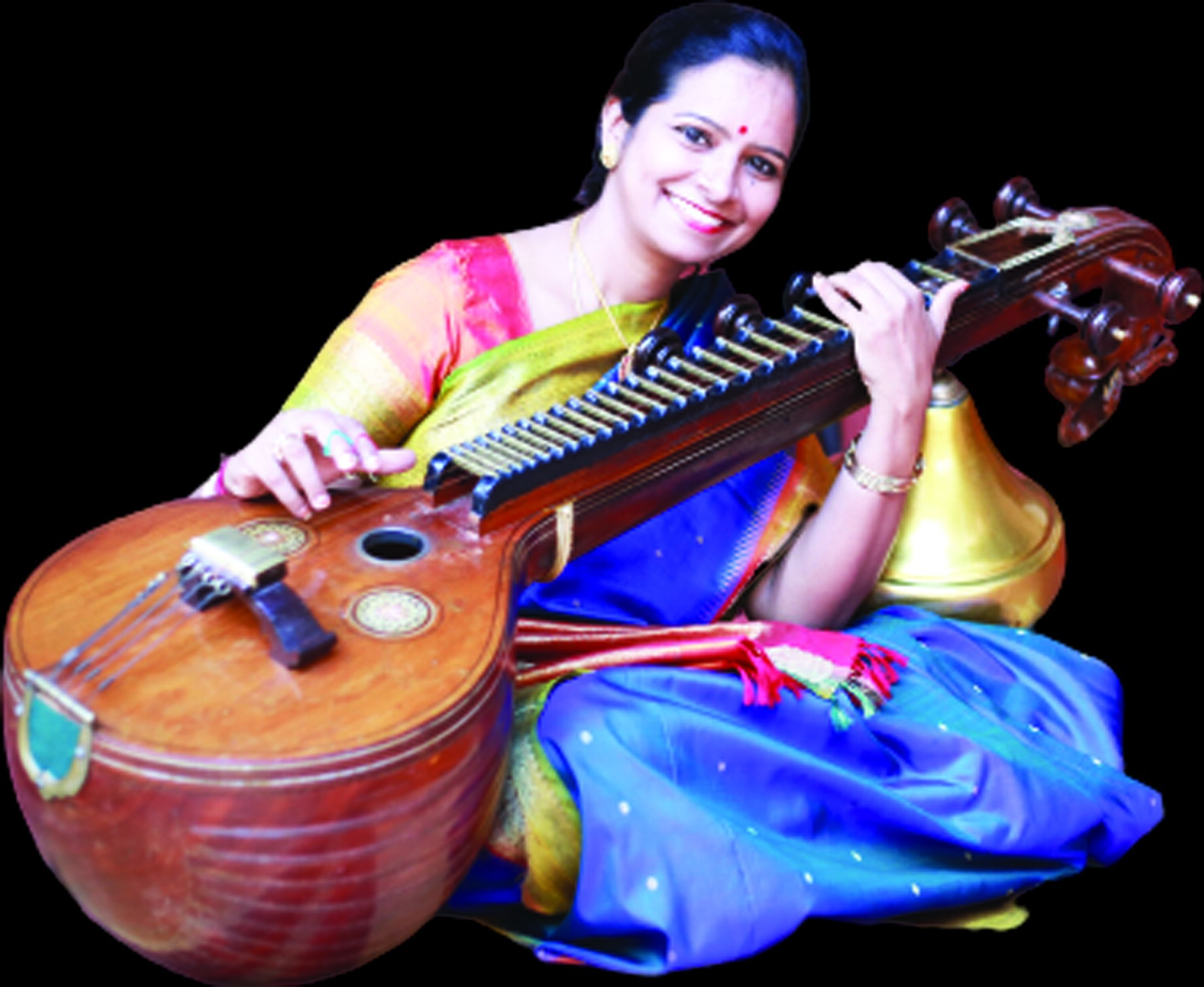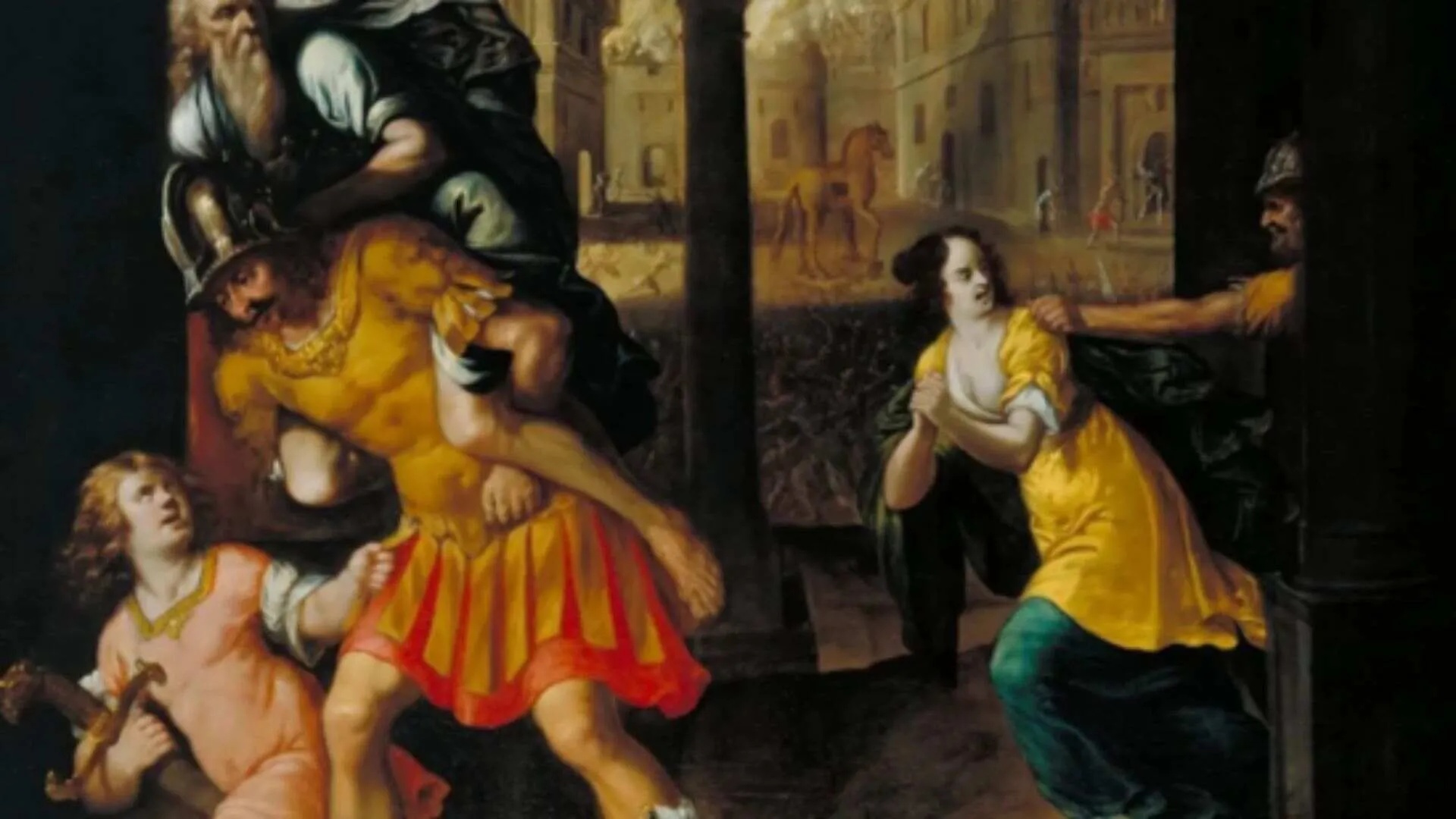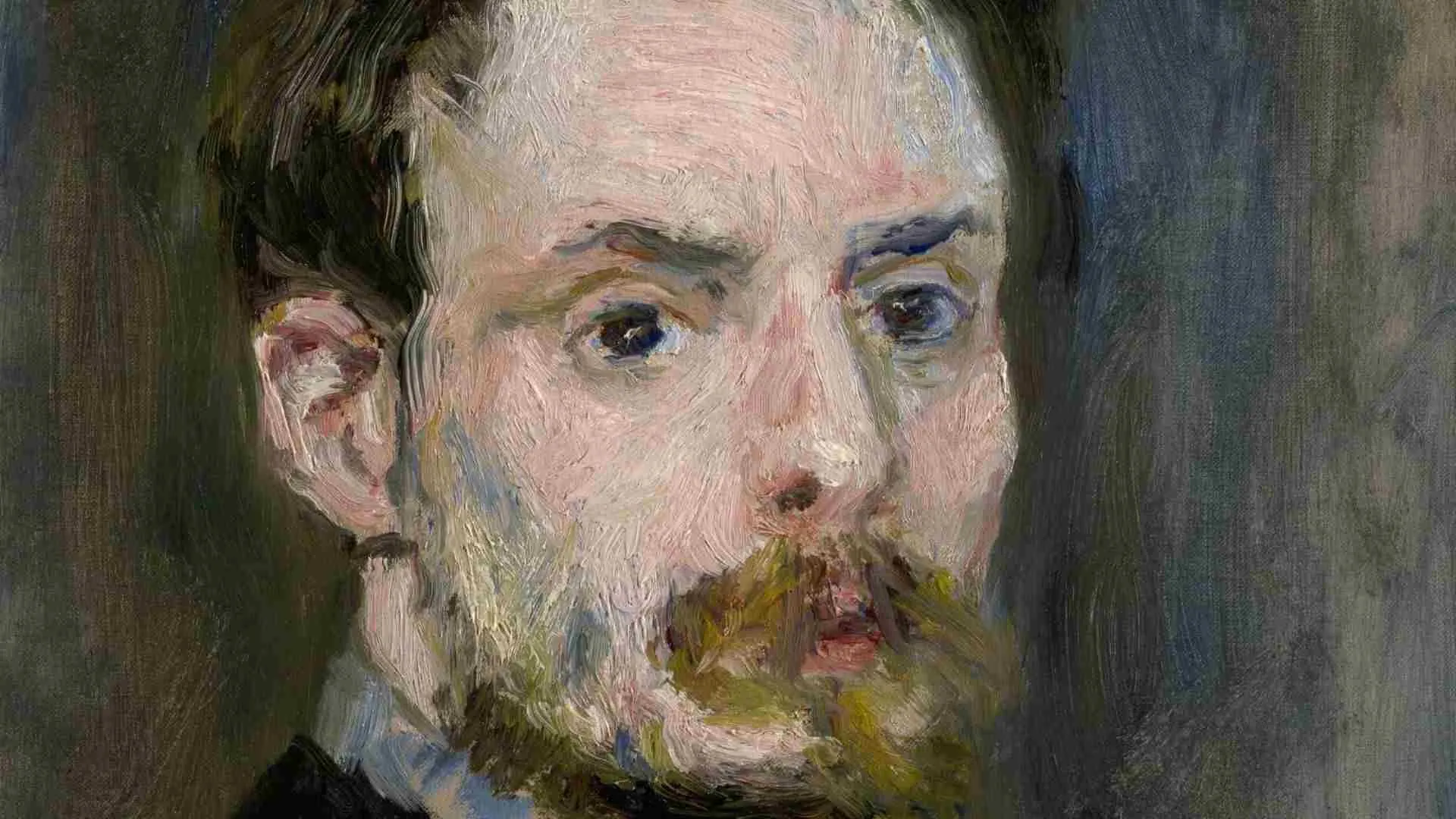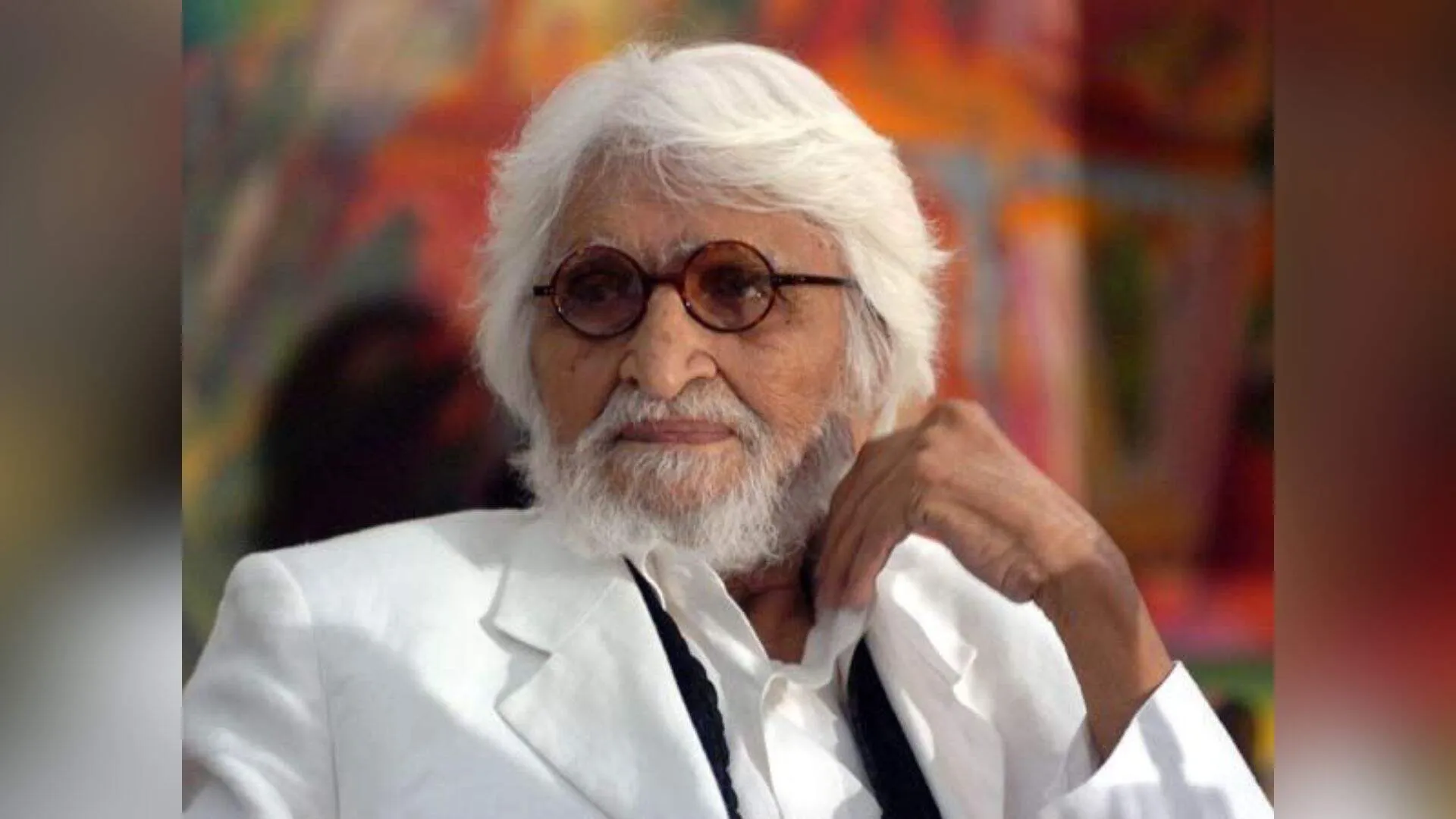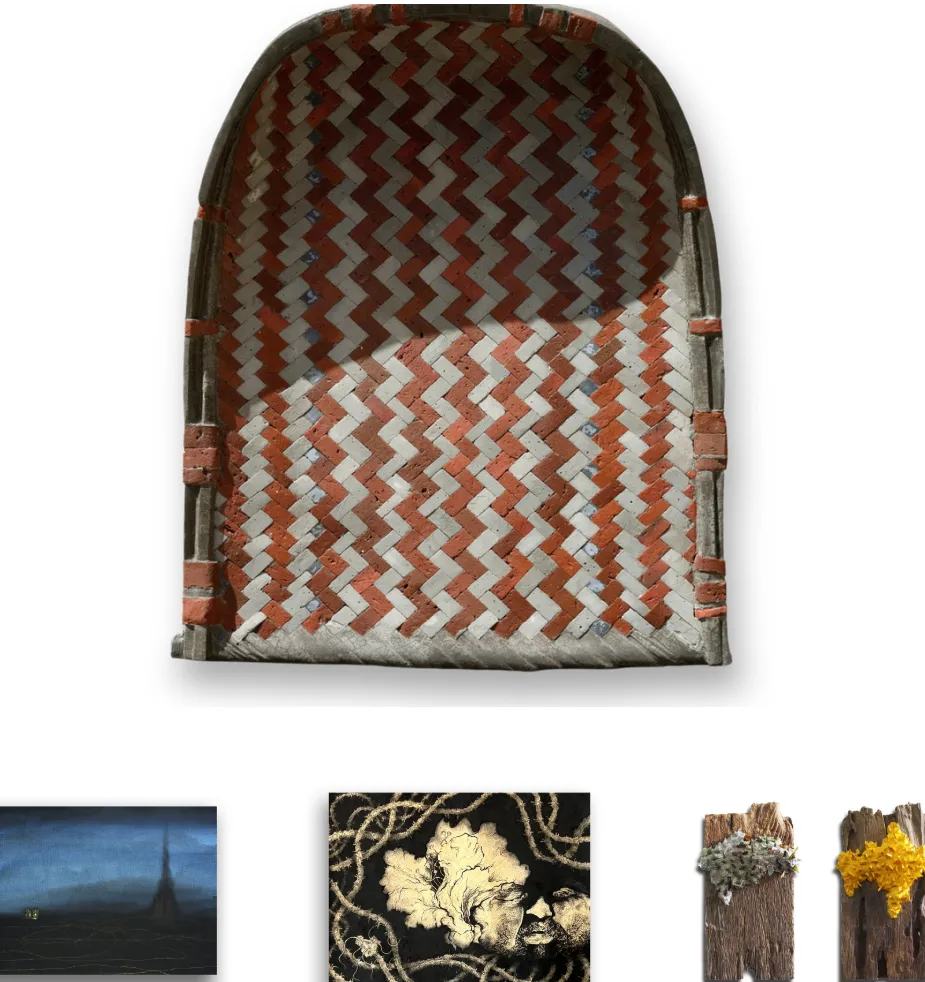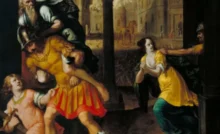Jayanthi Kumaresh is an Internationally renowned Saraswati Veena artist. Jayanthi comes from a direct unbroken lineage of disciples of Saint Thyagaraja who have been practising Carnatic music for six generations.
In a candid conversation she gives her insights about her journey with the Veena. Excerpts:
Q. Even though your family has been into music for generations, what influenced you to take up music? Is it by choice or by accident?
A. I come from a family where music has been the life breath for over six generations now. But most of them were violinists. Only one aunt on my mother’s side played the Veena. She was also pretty much self-taught and developed into a fine vainika. It was my mother who started me off on Veena from the age of three.
When I was very young, I felt that all my cousins were playing on that compact instrument called the ‘Violin’ whereas I was given this humongous Veena for which I had to traverse from one end to other. Yet I felt that there was a connection between me and Veena. Like they say, I did not choose my instrument. I think my instrument chose me. Then I learnt in a Gurukul system with my maternal aunt Smt. Padmavati Ananthagopalan, Lalgudi Jayaraman’s first sister, and stayed with her for over twenty years to pursue and master the art of Veena playing.
Q. Have you adopted any particular trait /style in your rendition and the influence of which reflects in your music?
A. The playing style of every musician is a process of growth and the journey of a musician is always continuous and ever evolving, ever changing. As a child, my musical pedagogy was influenced by my gurus and my uncle and Violin Maestro Lalgudi Jayaraman Ji. I was also influenced by my other guru Dr. S. Balachander, the Veena virtuoso, who helped enhance my perception of Ragas and technique. The different collaborations in musical journey helped expand the horizons of my musical idiom and altered my presentation as the journey progressed. I was influenced by several giants of the Hindustani music like the Tabla wizard Ustad Zakir Hussain ji who motivated me to find my own style. He encouraged me to find my own identity and style of music other than that of my gurus because each person is a product of the experiences that they have in their life. My husband Violin Maestro Vidwan Kumaresh is a great pillar of strength in my life.
Q. Can u share some memorable moments in your musical journey?
A. There have been many memorable moments in my musical journey. The one that comes to my mind right now is the first concert I performed with Ustad Zakir Hussain ji more than 15 years ago. Zakir ji was playing with a veena player after a long hiatus. He played with my guru S. Balachander when he was himself very young. I was quite excited yet nervous and was wondering how Zakir ji would react to my music. The ease and comfort of the melody with the rhythm in harmony was unbelievable. That was a life changing moment for me. Since then, we have performed together at many prestigious venues. Recently we had a 19-city tour of the United States and the Esplanade at Singapore in a featured production called TRIVENI along with Hindustani Violinist Kala Ramnath ji.
Q. How do you perceive your music journey thus far? How do you wish to contribute to the society for the cause of music?
A. My journey of music spanning almost 40 years has been to promote propagate and popularise the Saraswathi Veena, the National instrument of India across the globe. In my roles as a Pioneer, Performer, Educator and researcher, I have aimed at having the single-minded focus to be an ambassador of the Saraswathi Veena. Carnatic Music is over 2000 years old and I believe that it is my responsibility to preserve and pass it on to the younger generations. This rich cultural heritage needs to spread to different strata of this society so that they can benefit from the joy of our music. My web series Cup O Carnatic aims at bringing this highly sophisticated system of music to the society especially children and adults, in friendly and easy to understand segments. There are so far 8 seasons on social media garnering a cumulative viewership of over 3 million.
Q. What do you hope audiences take away from your music, and how do you see the role of Carnatic music in the world today?
A. In today’s world, the lines between genres of music have become blurry. For any instrumentalist, the language of music is universal as it becomes a completely sonic experience and instrumentalists do not have to deal with the language, region or religion. But speaking of Carnatic music, the next crop of musicians is ready to take on the baton. The future of Carnatic music is secure with a great number of young musicians showing immense talent. Art is a remembered experience and each concert must leave an indelible impression on the listener. There must be something for the mind and something for the soul in every presentation. Each musician aims at creating that solace in the listener and a thirst for more such musical moments.
Suman Doonga is an educationist and social worker with a passion to preserve and promote Indian art and culture.


